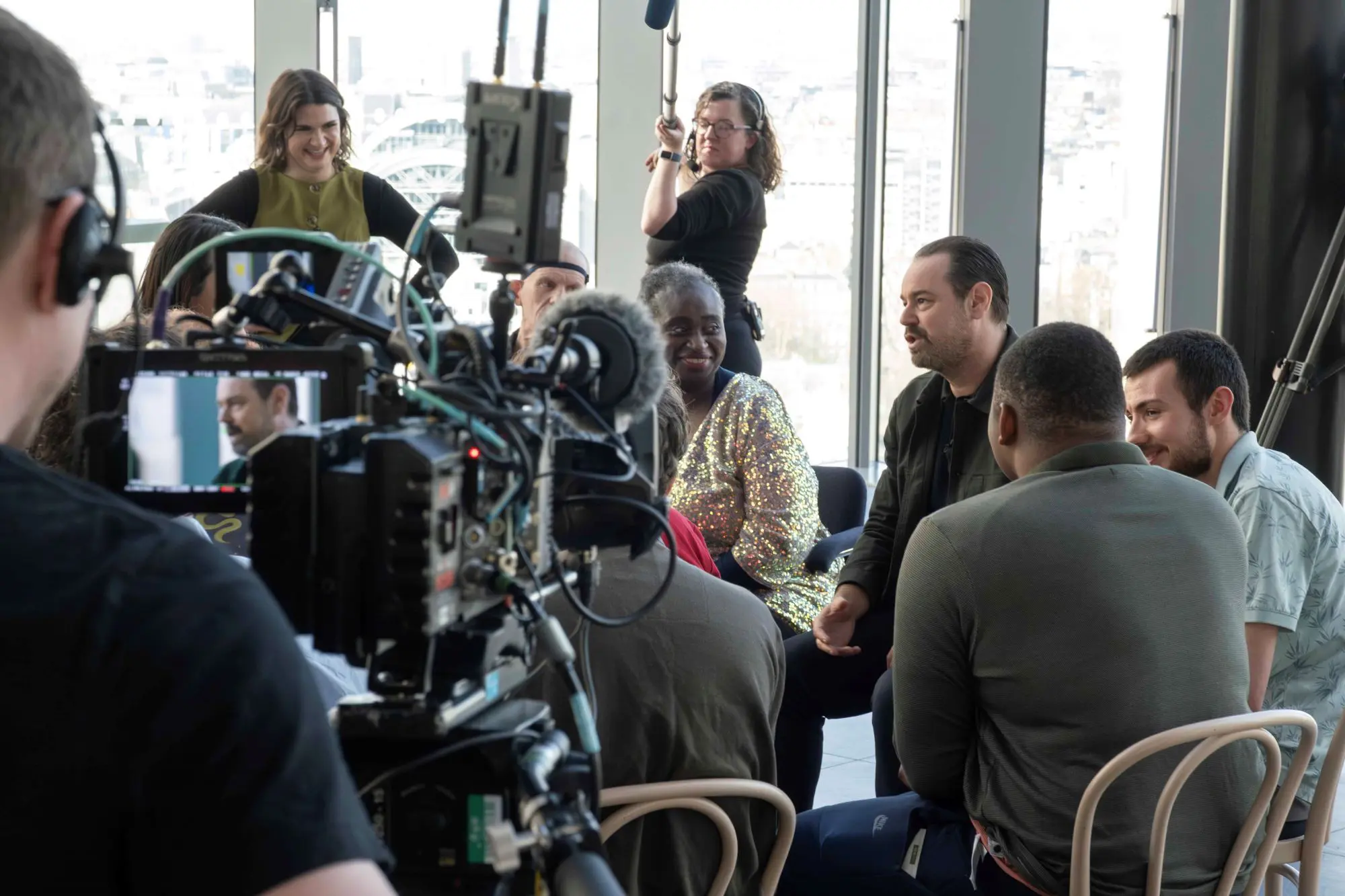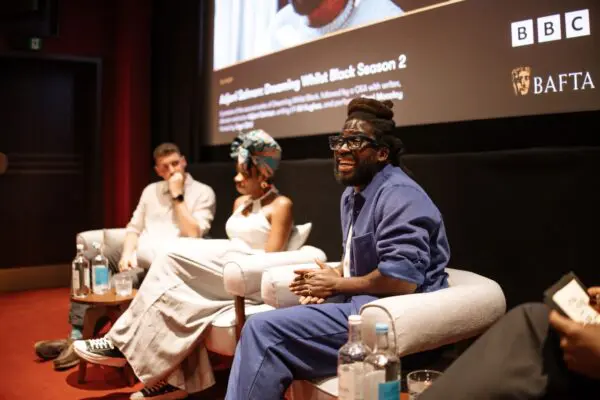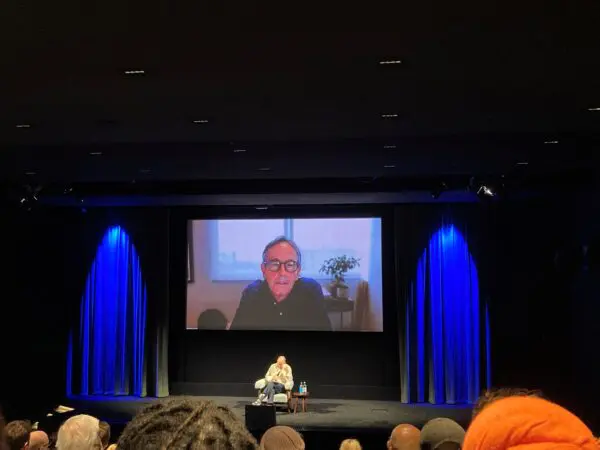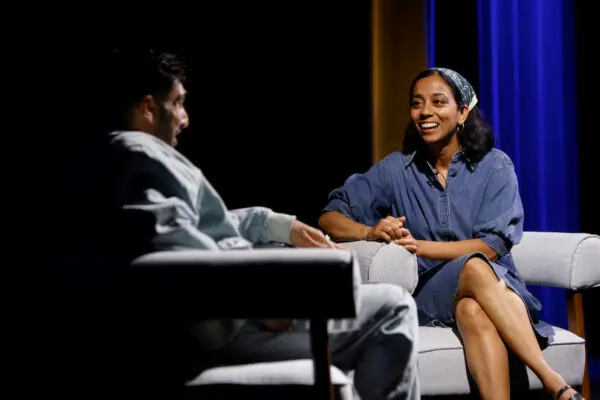A core part of The Assembly has been to ensure authenticity by giving the cast of autistic, neurodivergent and/or learning disabled interviewers the freedom to ask the questions they want. Because, as Singer explains: “Our show is not about disability, it is absolutely within it, but it is not about disability. It’s about communication, it’s about cheekiness and mischief, it’s about the freedom to speak freely on both sides of the conversation.”
Show producers don’t prescribe questions and they don’t restrict what the interviewers want to ask. And Singer reflects that had they gone down the route of feeding in questions, as some interview shows do, then it wouldn’t be the honest, authentic show people have warmed to. She says: “Certainly with our cast what you would end up with is people floundering because it wouldn’t feel like it’s them asking those things. And the whole point of a lot of these people’s experiences, as they’ve told me at least, is that they are used to a neurotypical world trying to mould them and force them into something that is neurotypical and they start to shut down a bit…
“If you prescribe a bunch of questions to people they’ll read them out but they’ll feel discomforted. They don’t have agency and you don’t get the secret spice that makes our show as special as it is – that authenticity of what they’re asking and of their experience of their enquiry.”
This sense of freedom has been incredibly important to the success of the show and something audiences have picked up on with ‘honesty’ becoming one of the main words they associate with it. Singer explains: “I genuinely think in a world of everybody being very concerned about how AI will be used in the future, and manipulation, and all of these things…I think humans can spot truthfulness, authenticity and honesty because we’re built to. So, for humans to clock in other humans, in a show that is about communication and humans talking to other humans, honesty and authenticity in those interactions to the extent it becomes the key words then that makes enormous sense and is incredibly heartening.”












